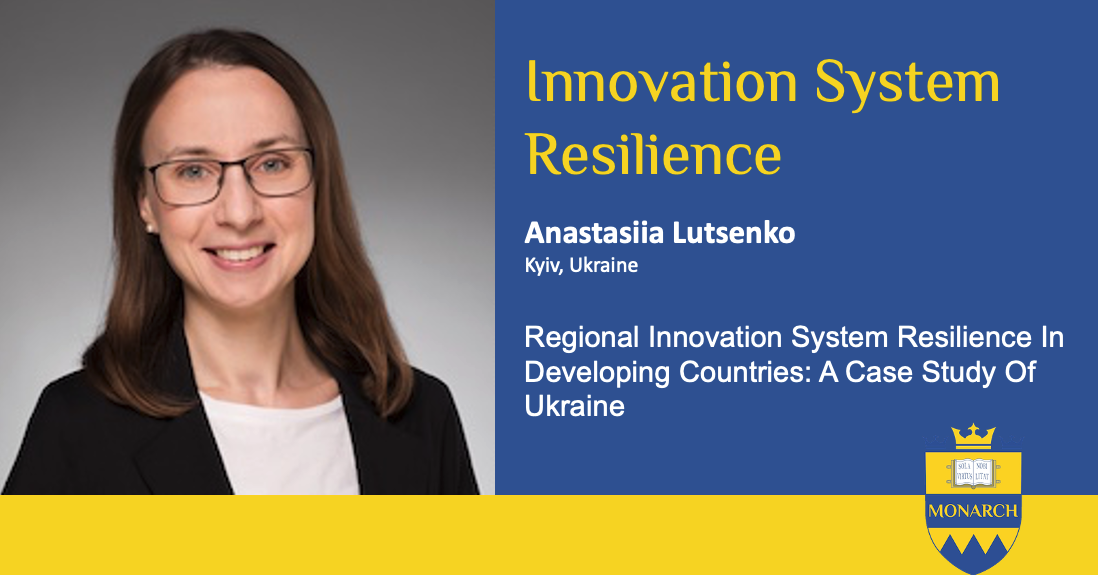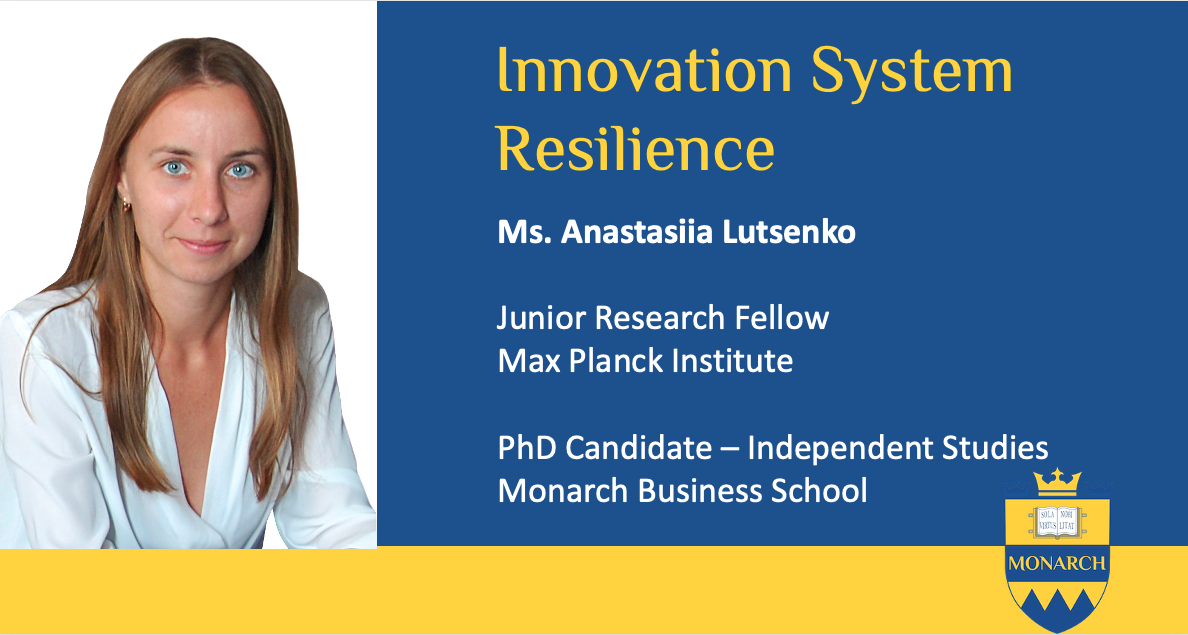
The Role of Internal Audit on the Governance of Regulated Tier 4 Microfinance Institutions in Uganda
The Ugandan financial sector comprises non-deposit-taking microfinance institutions and deposit-taking institutions. Microfinance institutions provide financial assistance to the underprivileged worldwide to finance their small businesses. According to Ssekiziyivu et al. (2018), microfinance institutions in Uganda are essential in providing loans to support small and medium-sized firms that employ a large portion of the country’s workforce. Most microfinance institutions are non- deposit-taking microfinance institutions which lend to the majority of the small and medium-sized firms that contribute 20% of the gross domestic product and employ more than 60% of the labour force.









